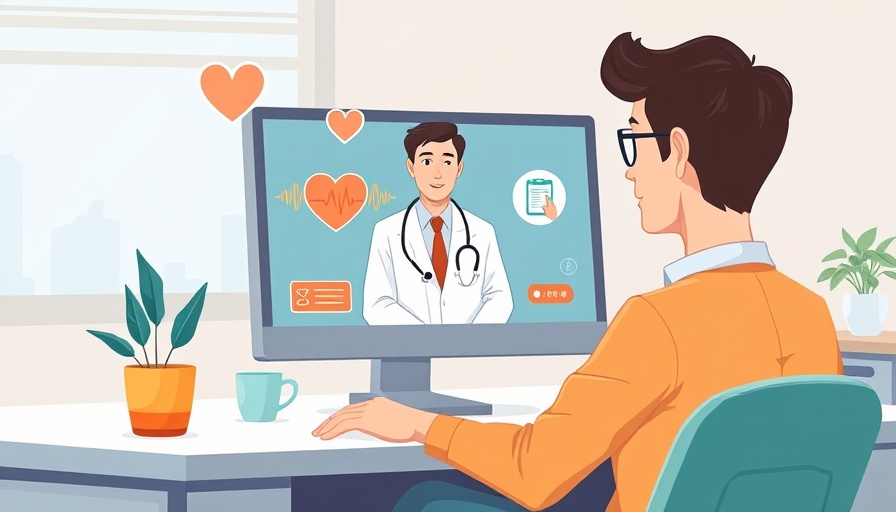
The Temporary Win: A Step Forward for Telehealth
Last week, Congress passed a critical continuing resolution to fund the government through September 30, averting a potential shutdown. This legislation brought good news for telehealth as it extended some vital healthcare provisions, including Medicare's telehealth flexibilities, for another six months. For telehealth CEOs, this represents a short-term victory, yet they maintain that more work lies ahead to secure permanent access to virtual care for all Americans.
Perspectives from Industry Leaders
Telehealth executives view this extension as a welcome relief. Brooke Boyarsky Pratt, CEO of knownwell, emphasized the importance of accessibility for all seniors, highlighting that mobility and transportation challenges often limit their access to care. She expressed a strong desire for a longitudinal Medicare ruling to provide certainty for patients and providers alike.
Vanessa Rissetto, CEO of Culina Health, echoed this sentiment, asserting that while the temporary coverage is beneficial, it only scratches the surface of what is needed. “We hope to see permanent telehealth coverage across government programs,” she stated, advocating for health equity that spans across demographics. Rissetto’s view aligns with the sentiment expressed by Laurent Marinot, CEO of Sunrise, which focuses on sleep diagnostics. He believes telehealth will remain pivotal in the future of healthcare delivery.
Wider Implications of Telehealth Coverage
The broader implications of this temporary fix are substantial. Anu Sharma, CEO of Millie, articulated the fear that without uninterrupted telehealth coverage, significant health equity gaps could widen, especially in underserved communities. She highlighted the importance of telehealth for maternal care, pointing out that most pregnancy-related care occurs outside traditional healthcare settings. According to Sharma, this continuity of care is crucial for women, particularly at a time when the landscape for maternity care is becoming increasingly challenging.
The Call for Permanent Change
The passage of this resolution showcases the ongoing battle for telehealth access. As voiced by Kyle Zebley, executive director of ATA Action, the measures taken by Congress are pivotal but far from sufficient. The absence of extended provisions, like first-dollar coverage for Health Savings Accounts and expanded telehealth services, continues to pose challenges for many. Zebley emphasized the need for sustained advocacy to ensure that the temporary wins evolve into lasting changes.
A Unified Voice for Telehealth's Future
In conclusion, while the resolution has momentarily bolstered telehealth access, industry leaders are united in their call for permanent legislative changes. As they push for essential reforms, it's clear that the dialogue around telehealth is more critical than ever. Advocating for policies that solidify telehealth's role in our healthcare system is a necessity — not just a preference.
 Add Row
Add Row  Add
Add 




Write A Comment